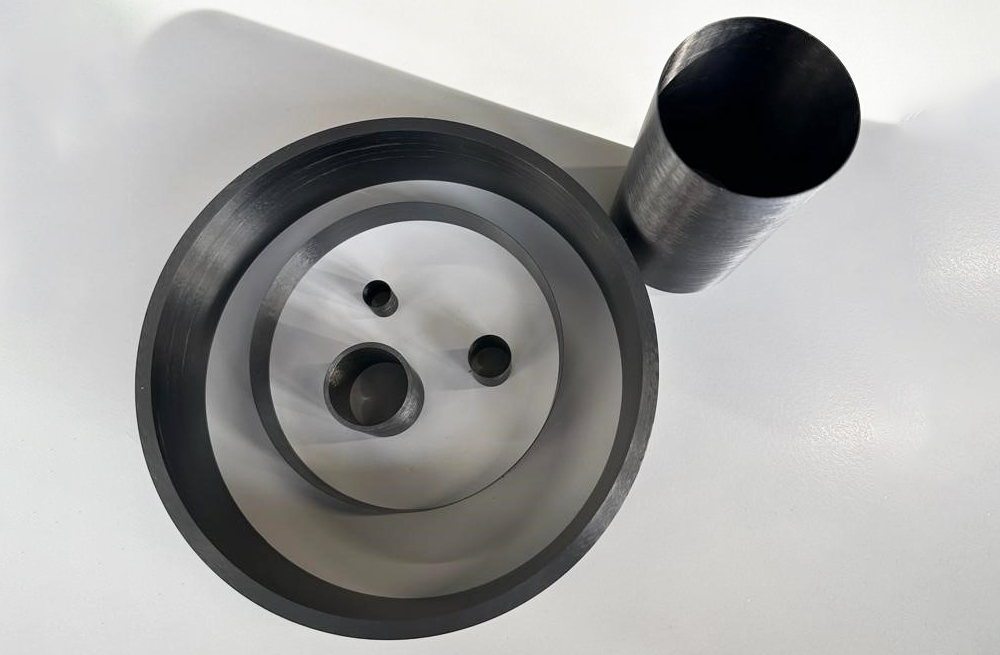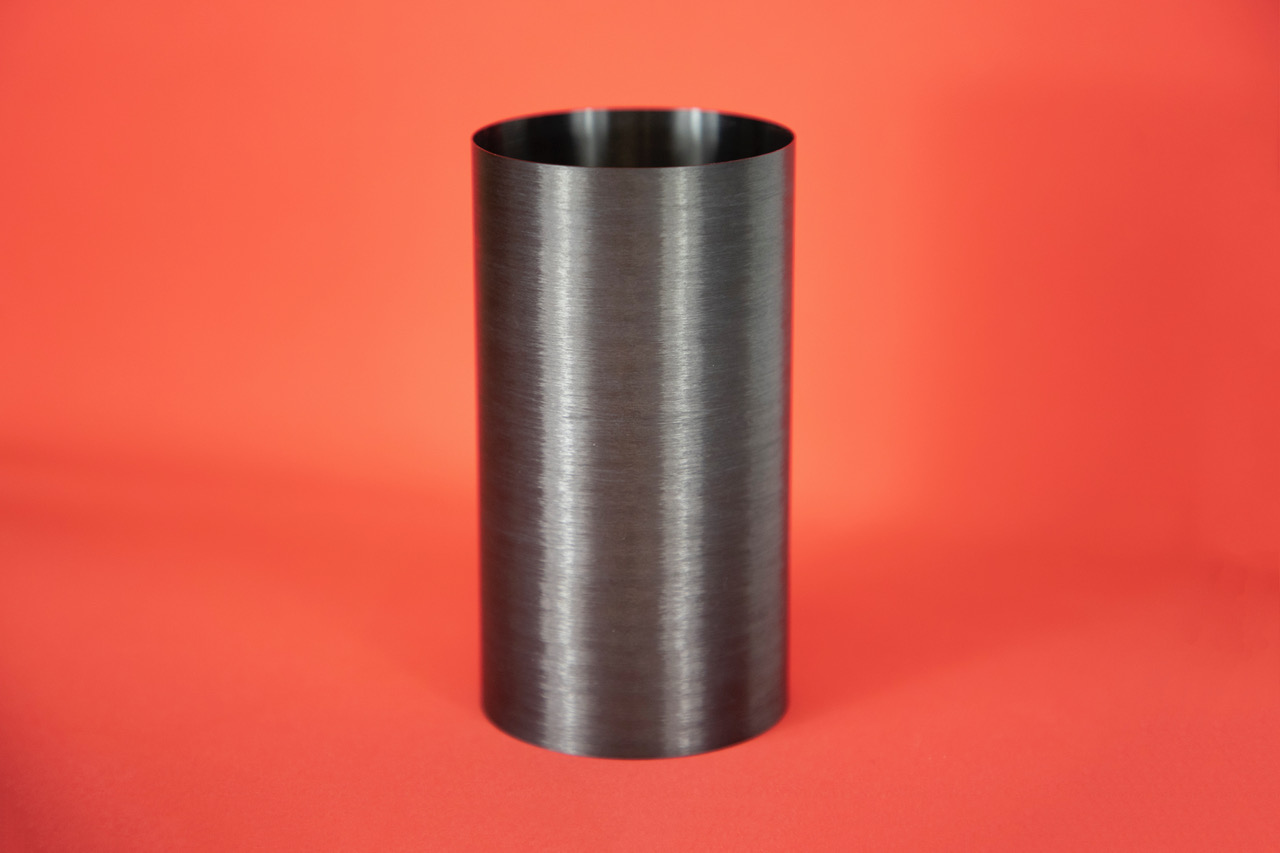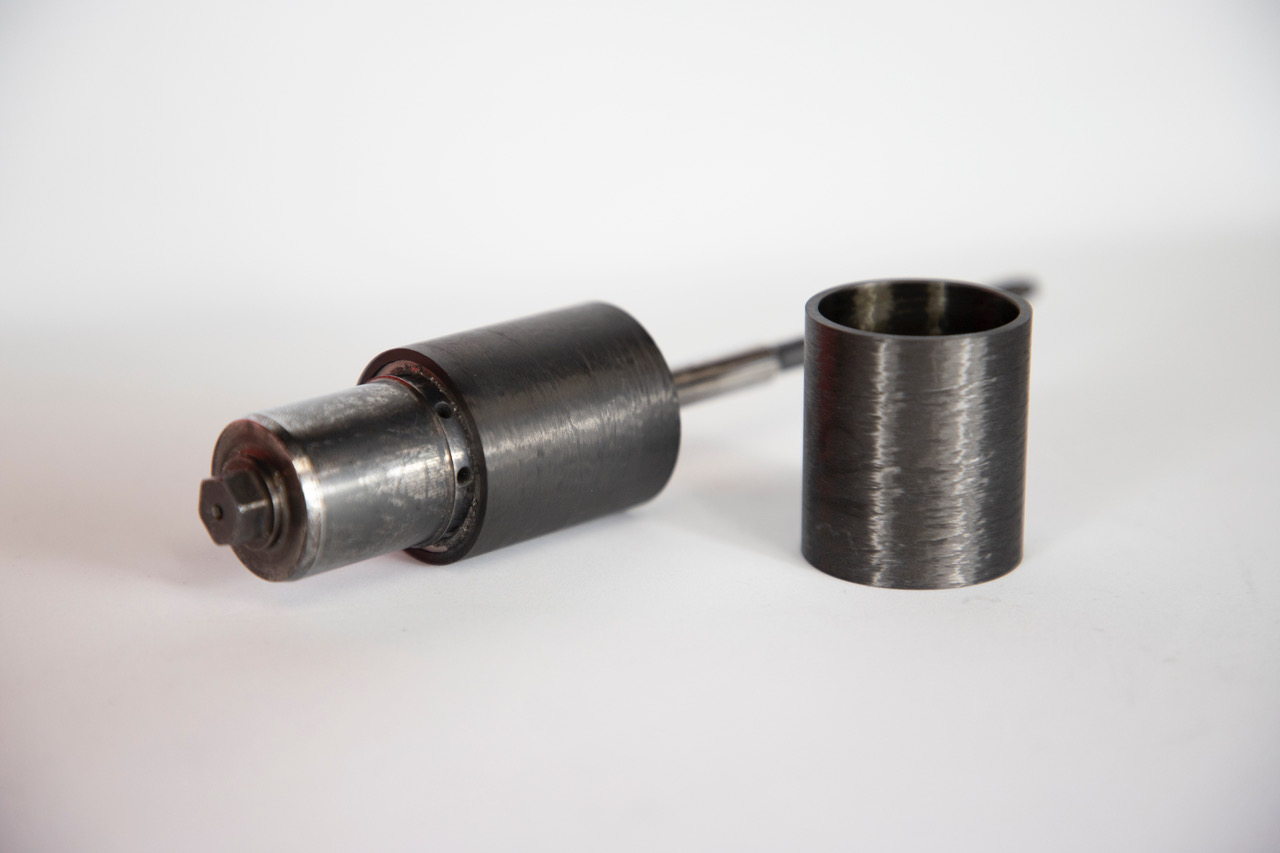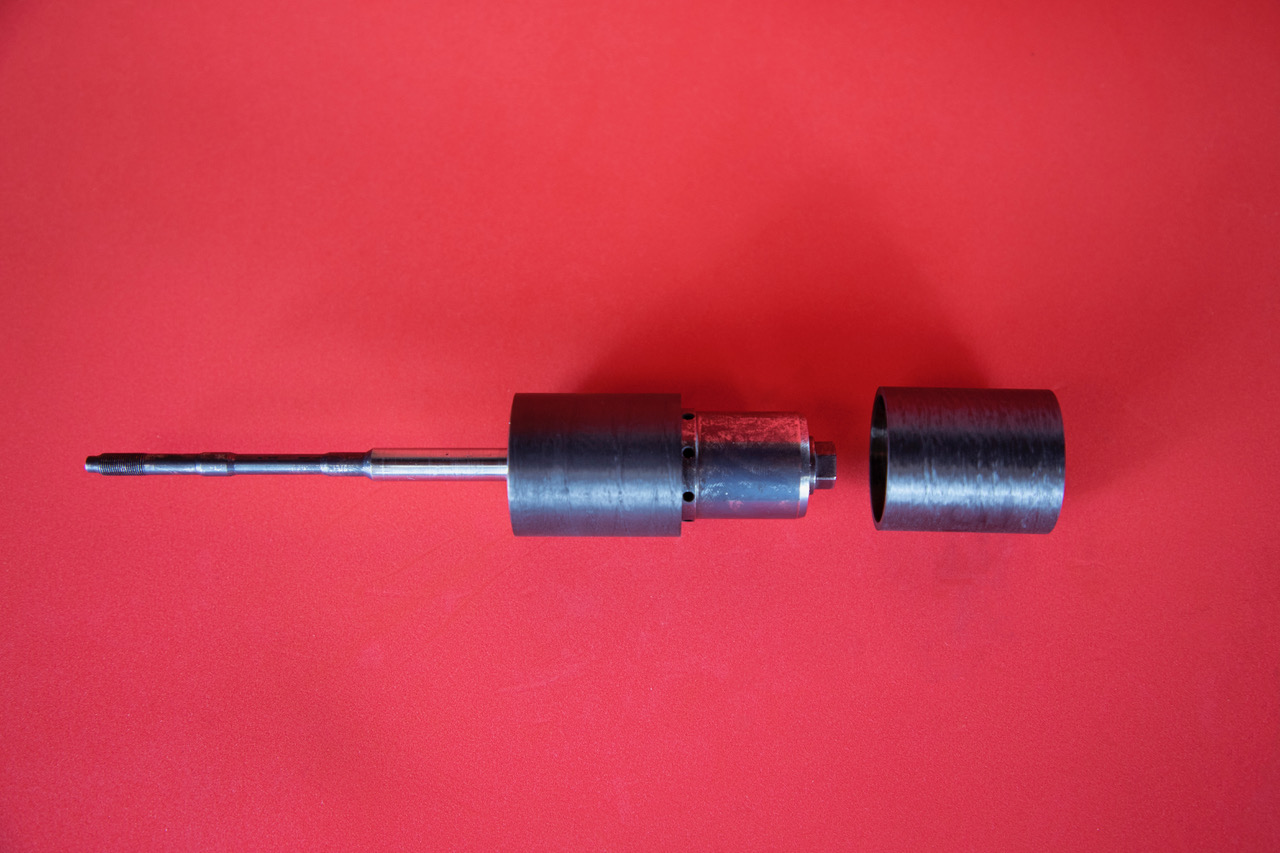Digital motors are based on permanent magnets which can spin at very high speeds – in excess of 200,000 rpm – in order to achieve the power outputs required. At these speeds the magnets, if not held in place, will actually throw themselves apart and destroy the motor itself.
The best way to hold the magnets in place whilst maximising the motor’s performance is to use a thin nonconductive tube called a ‘digital motor sleeve’ which is usually made from advanced composite materials.
The thickness and strength of these ‘digital motor sleeves’ is a major consideration at the design stage of any new motor. Advanced Composites Engineering Limited is a specialist in this field and has been continuing to develop its competence for over ten years whilst supplying some of the largest motor companies in the world. This includes extensive experience in material application, bespoke manufacturing techniques and specialist machines specifically designed by the Advanced Composites team.
These motors are used across the world in arenas that range from aerospace through military and industrial to consumer goods. Advanced Composites Engineering Limited is a must visit company if you find you need a ‘digital motor sleeve’ for your application as we can help with
- Design for manufacture.
- Supply prototype parts.
- Supply volume series production.
- Insert rotor bodies into the digital motor sleeve prior to supply.
Digital motors have several key advantages over their conventional counterparts.
- High efficiency
- High power to weight ratio
- High power density
- Low noise
- Low maintenance
- Applicable to more onerous working conditions







